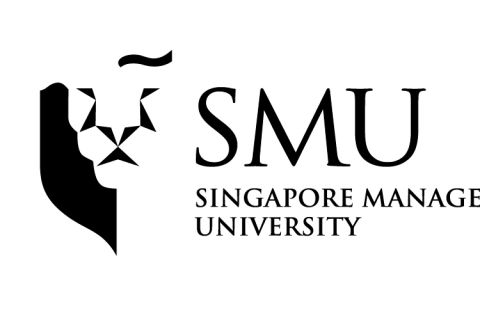
By Juliana Chan
SMU Office of Research & Tech Transfer – Launched in 2014 by the Singapore Management University (SMU) in collaboration with the Tax Academy of Singapore, the SMU-TA Centre for Excellence in Taxation (SMU-TA CET) represented a major new research initiative addressing international and regional tax issues and taxation policies.
“The SMU-TA Centre for Excellence in Taxation was the first tax research centre to be launched in Singapore,” said Goh Beng Wee, the Centre’s director and Associate Professor of Accounting at the SMU School of Accountancy.
“Since 2014, researchers at the Centre have undertaken policy-relevant, practice-oriented research and provided thought leadership in international tax with a particular focus on Asian economies and tax systems,” he added.
Not only did the Centre contribute to the debate on tax issues by introducing both breadth and depth of academic research into discussions between governments and businesses, it also encouraged collaborations between academics and other segments of the international tax community.
“The Centre was dedicated to generating ideas and works that guide and lead thinking on the relevance, development, application and impact of international tax rules and standards for Asia,” Professor Goh said.
Among the many events held at the Centre for the community, a particularly memorable conference, “Future of taxes in disruptive times”, revolved around the future of taxation amidst political developments and technological disruption. 120 participants from government, industry and academia attended the 17 August 2017 event, which was graced by guest of honor Ms Indranee Rajah, then Singapore’s Senior Minister of State for Law and Finance, now Minister in the Prime Minister’s Office and Second Minister for Finance and Education.
Key publications from the Centre include a research paper by Jing Xing, Stephen Bond and Giorgia Maffini, titled “Territorial Tax System Reform and the Financial Behaviour of Multinational Firms”. Their paper investigated whether the 2009 tax reform in Japan affected the financial behaviour of overseas affiliates of Japanese multinational companies.
Another important publication from the Centre was co-authored by Ernst & Young’s Luis Coronado and Jerome van Staden, titled “Critical Evaluation Of Action 14 Recommendations And The Suggested Way Forward For Singapore”. It evaluated the final report on Action 14 of the Base Erosion and Profit Shifting project, whose goal was to create a more cohesive international tax framework.
According to Professor Goh, the SMU School of Accountancy currently does not have specific plans to conduct research on international taxation. He noted, however, that SMU will continue to encourage general research into tax issues at the School of Accountancy Research (SOAR) Centre.
“The Centre may have concluded its work, but I am confident that the research carried out at the Centre over the past five years, as well as the collaborations forged from it, will continue to reap benefits for international taxation well into the future,” he said.
SMU has concluded its partnership in operating the SMU-TA CET. For tax research matters, please visit www.taxacademy.sg.
Back to Research@SMU Nov 2019 Issue
See More News
Want to see more of SMU Research?
Sign up for Research@SMU e-newslettter to know more about our research and research-related events!
If you would like to remove yourself from all our mailing list, please visit https://eservices.smu.edu.sg/internet/DNC/Default.aspx

